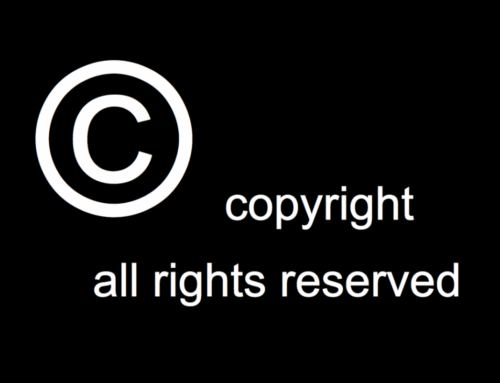Generally, the person who creates a work is considered to be the author of that work under the copyright law, and, absent a written assignment agreement, the author is the owner of the copyright.
There is, however, a major exception to this general rule: the work-made-for-hire doctrine.
If a work is “made for hire,” the person who commissioned the work – not the creator – is considered to be the author and is, therefore, the copyright owner.
A work made for hire is defined by the copyright statutes as:
(1) a work prepared by an employee within the scope of his or her employment; or
(2) a work specially ordered or commissioned for use as a contribution to a collective work, as a part of a motion picture or other audiovisual work, as a translation, as a supplementary work, as a compilation, as an instructional text, as a test, as answer material for a test, or as an atlas, if the parties expressly agree in a written instrument signed by them that the work shall be considered a work made for hire.
This means that an independent contractor will always own the copyright in a commissioned work unless the work falls into one of the categories set forth in the statute quoted above and the parties sign a work-made-for-hire agreement.
The US Courts of Appeal for the Seventh and Ninth Circuits have long held that a work-made-for-hire agreement is valid only if it is executed before the work at issue is created. Together, these federal courts have jurisdiction over Illinois, Indiana, Wisconsin, Alaska, Arizona, California, Hawaii, Idaho, Montana, Nevada, Oregon, and Washington.
The US Court of Appeal for the Second Circuit (with jurisdiction over Connecticut, New York, and Vermont) had previously ruled that the required written agreement could be executed after the work was created so long as that written agreement confirms an explicit or implicit agreement made before the work’s creation.
In that earlier case, a magazine paid an artist with checks that contained a notice stating that, by cashing those checks, the artist “acknowledges payment in full for services rendered on a work-made-for-hire basis in connection with the Work named on the face of this check.”
Earlier this month, the Second Circuit clarified that earlier ruling in a case holding that an agreement signed five years after the work’s creation was invalid.
The court noted that there were no circumstances indicating that the author, a film critic, had agreed to a work-made-for-hire arrangement before writing movie reviews for publication in The New Republic magazine.
The Court also pointed out that enforcing an agreement signed so long after the work was created would not only “risk endorsing a fiction of ‘two separate authors'” (one before the agreement was signed and one after), but also “render uncertain several aspects of the copyright in each article, such as its duration, renewal rights, and termination rights.”
It is now clear that regardless of the jurisdiction at issue, anyone hiring an independent contractor to create a commissioned work that falls into one of the enumerated categories should have the independent contractor sign an appropriate work-made-for-hire agreement before beginning work on the work.
If the work doesn’t fall into one of the enumerated categories, you’ll need an assignment agreement in order to obtain the copyright.
Please let us know if you need any assistance with independent contractor agreements or copyright issues.






